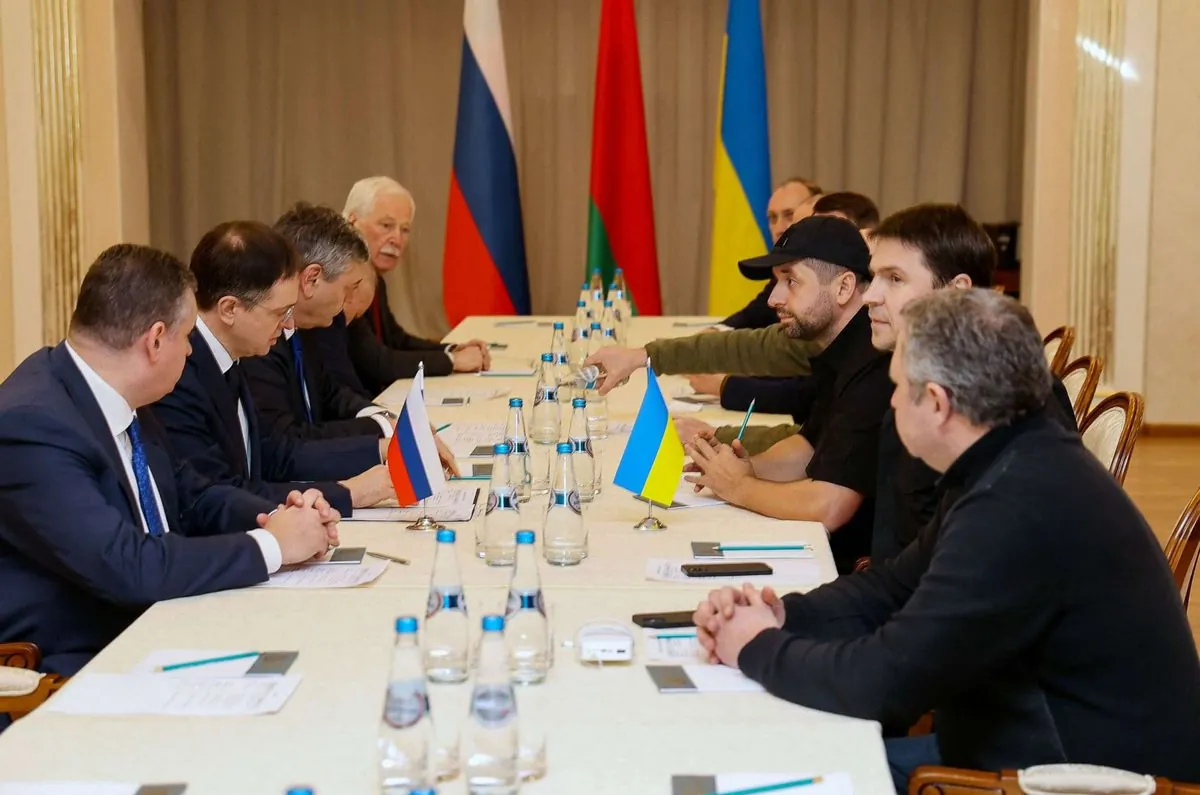Mediators Seek Peace in Israel-Hamas Conflict Amid Regional Tensions
International efforts to halt the Israel-Hamas war intensify as mediators prepare for new talks. The conflict's impact extends beyond Gaza, affecting regional stability and sparking political debates globally.

International mediators are intensifying efforts to bring an end to the Israel-Hamas conflict, which has been ongoing for nearly 11 months. A new round of talks is scheduled, with representatives from the United States, Qatar, and Egypt set to meet with an Israeli delegation in Qatar. This diplomatic push comes as the Palestinian death toll approaches 40,000, highlighting the urgent need for a resolution.
The potential for a cease-fire agreement is seen as crucial not only for Gaza but also for regional stability. Such an agreement could potentially deter retaliatory actions from Iran and Hezbollah following recent incidents, including the killing of a high-ranking Hezbollah commander and a prominent Hamas political leader.
Mediators have been working on a three-phase plan that includes the release of hostages captured during the October 7, 2023 attack, in exchange for a lasting cease-fire, Israeli troop withdrawal from Gaza, and the release of Palestinian prisoners. This complex negotiation process underscores the intricate nature of the conflict and the challenges in finding a mutually acceptable solution.

In a humanitarian development, the World Health Organization (WHO) has successfully evacuated 11 children with cancer from Gaza for medical treatment. This operation involved transferring the children through the Kerem Shalom crossing into Israel, with Jordan as their final destination for treatment. The evacuation highlights the severe impact of the conflict on Gaza's healthcare system, with most hospitals non-operational due to resource depletion or military operations.
Concurrently, tensions remain high in the West Bank, where Israeli forces reportedly killed two Palestinians in Nablus. The Israeli military stated that aircraft targeted two gunmen identified as threats to their operations, while the Palestinian Health Ministry confirmed the deaths of Wael Misha, 18, and Ahmed Khalil, 20.
The repercussions of the conflict are being felt globally, as evidenced by a heated exchange in the Australian Parliament. Opposition leader Peter Dutton faced criticism for his comments regarding refugees from Gaza, which he described as a "national security risk." This led to accusations of racism from independent lawmaker Zali Steggall. Prime Minister Anthony Albanese also criticized Dutton's remarks, highlighting the divisive nature of the issue.
"He sows fear and he sows division. That is what he does, that's what he has done his entire political career and that's what he continues to do."
As the international community continues to grapple with the complexities of the Israel-Hamas conflict, the need for a diplomatic solution becomes increasingly urgent. The ongoing talks represent a critical opportunity to address the humanitarian crisis in Gaza, secure the release of hostages, and work towards a lasting peace in the region.


































